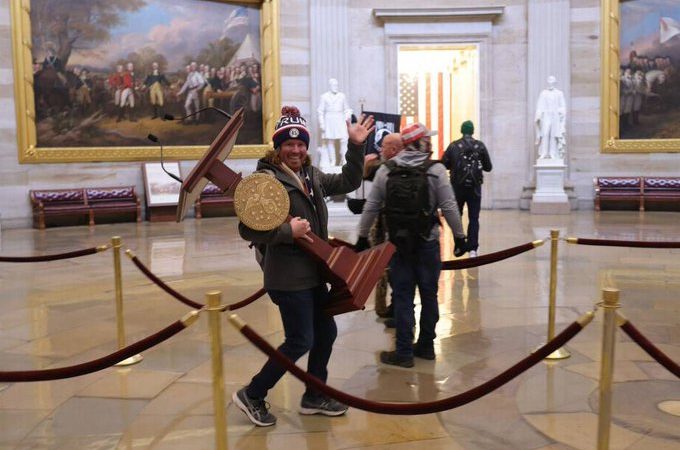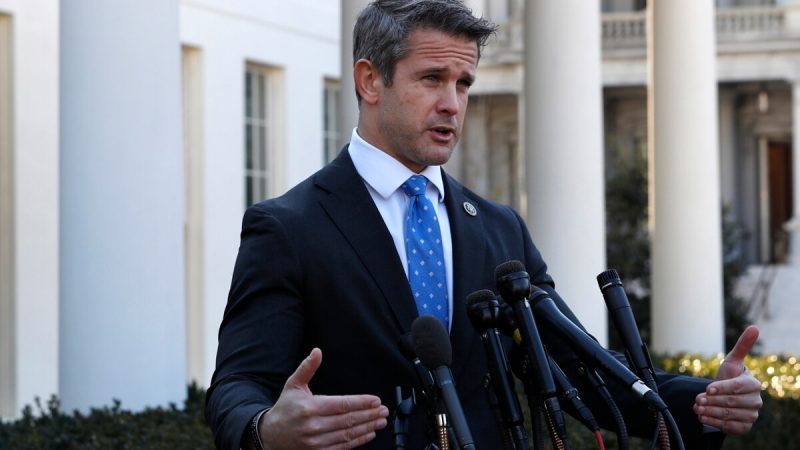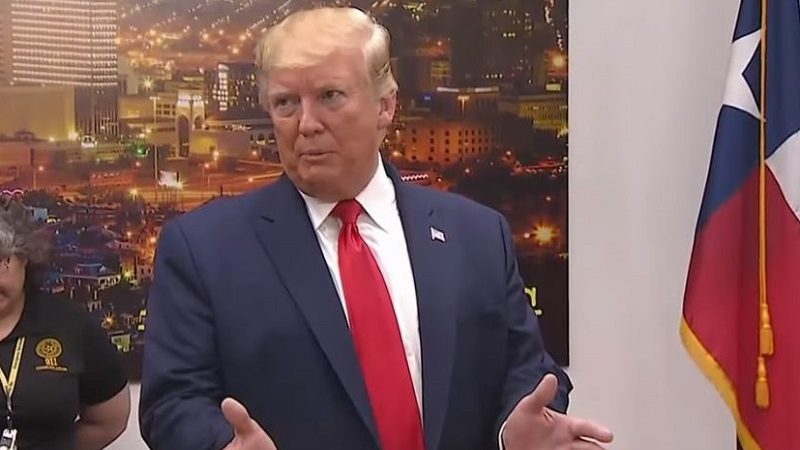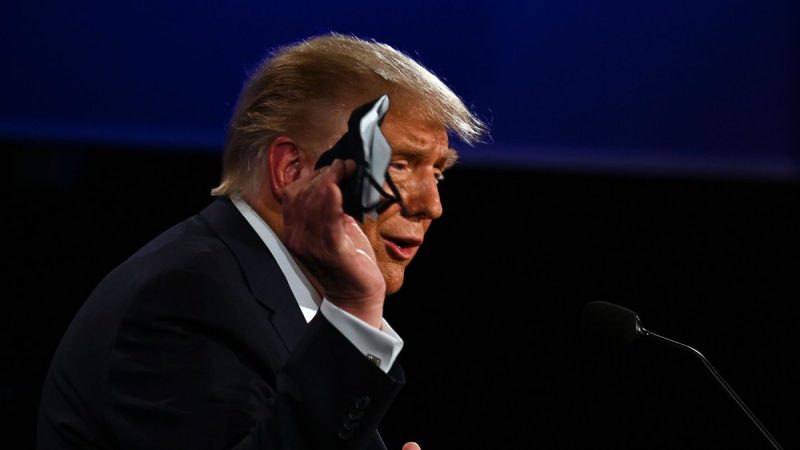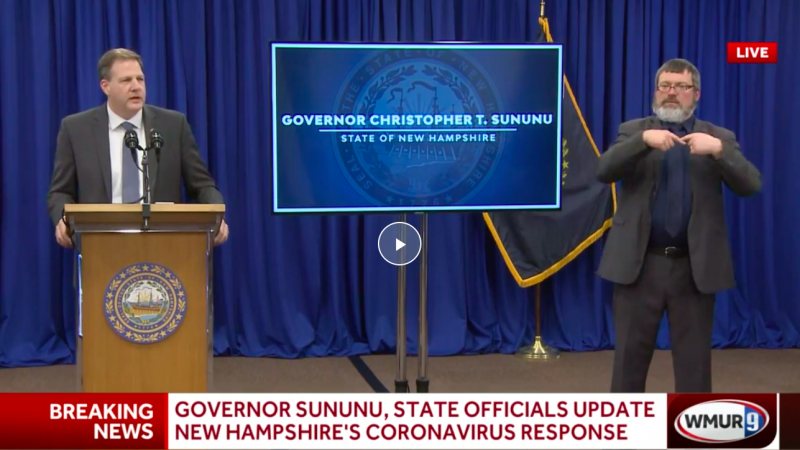Toni Morrison’s Work and ‘Unapologetic Blackness’ Serve Rebuke to Trump’s Racist America
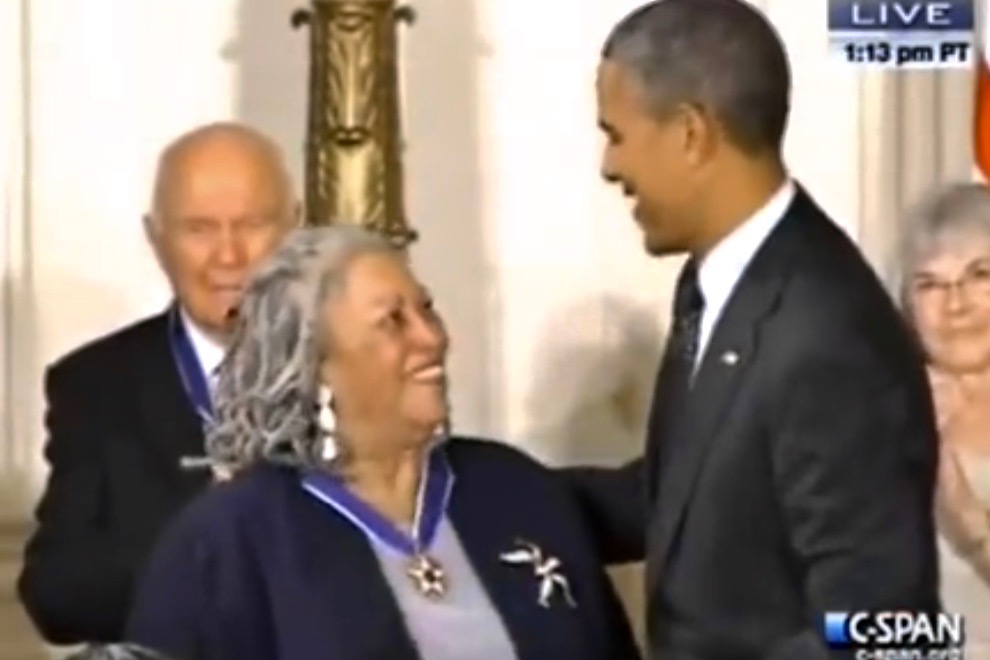
This week, America lost one of its most important literary voices, Pulitzer and Nobel Prize-winner Toni Morrison. Gracefully eulogized by Contemptor Contributor Evangeline Van Houten, the author is remembered as “an activist, a challenger of the nation’s conscience, and perhaps most importantly…a bard of the Black American experience.” Those who’ve read Morrison’s novels or critical nonfiction understand her important work defies hyperbole. It shares rarified, immortal air with the greats of the Western literary canon.
Artists are fallible, fragile humans like the rest of us and their deaths are inevitable. Morrison lived as accomplished an 88 years as any of her generational peers. Yet somehow her passing came as an uncomfortable, sorrowful surprise to legions of fans. Perhaps this is because in an era of resurgent, emboldened white supremacy, we need the celebrated author’s forceful, enduring brand of activism more than ever.
As I combed through various tributes to the professor, writer and speaker this week, what really stood out was the clear, passionate principle that drove Morrison’s work. Though her novels, with their mystical elements, are often compared with the Magical Realism of Latin American authors such as Gabriel Garcia Marquez and Isabel Allende, Toni Morrison’s poetic prose was very much grounded in reality. She professed herself uninterested in art for art’s sake, believing that creativity can and must find value in its cultural impact:
“The best art is political and you ought to be able to make it unquestionably political and irrevocably beautiful at the same time.”
Toni Morrison died on Monday, August 5 due to complications from pneumonia. Though only her doctors and family can be certain, it seems unlikely that the author’s deteriorating condition allowed for closely following the news in her final hours. As I voraciously read through the memorials written and shared by media outlets and literary luminaries in the wake of Morrison’s passing, I couldn’t help but wonder how she might have reacted to last weekend’s mass shootings in Dayton, Ohio and El Paso, Texas.
The El Paso shooter has been identified as an anti-immigrant, white nationalist who targeted Latinos in a killing spree that left 22 people dead. How would Morrison’s words have formed a reaction to the murdering of brown bodies, grotesquely influenced by the “invasion” rhetoric of the President of the United States? Because even if the artist forced her way into the crusty, white male canon on the sheer power of her talent, Toni Morrison’s American voice was – and remains – a woman of color’s. In a piece for The Guardian, opinion writer Valerie Babb characterizes the author as “Unapologetically black.” She observes:
“Without anger, apology or explanation, [Morrison] moved black life from the margins of American history to the center of stories that excavated American truths. In the process, she reshaped a literature, making it more reflective of the nation that generated it.”
What narratives is the United States, under the “leadership” of Donald Trump generating now? Separated immigrant families, children in cages, unarmed people killed by a militarized police force, a proliferation of weapons that turns any lone gunman with hurt feelings into an instant mass murderer. The policies and products of an administration that leverages congressionally unchecked power to make miserable the lives of the many, in service of one very large, frail, white male ego.
If she hadn’t left us this past Monday morning, how would Morrison have written about the latest 2019 appearance of the “dark, psychic force,” that Marianne Williamson identified as underpinning America’s failure as a cultural melting pot?
While we’ll never have new words from the Nobel Laureate, we can be grateful for those she left to help us confront the racism corroding our national soul. In December 1993, she warned a Stockholm, Sweden audience of “infantile heads of state” who speak only “to those who obey, or in order to force obedience…Oppressive language does more than represent violence…It is violence.”
We still have an opportunity to do as Morrison did, to move the lives of the asylum-seeking immigrant, the impoverished, imprisoned and powerless away from the margins and toward the center of the story of Donald Trump’s cruel, racist America. Though we’ve collectively lacked the author’s urgent persistence to tell the truth about who we are, it’s never too late to start.

